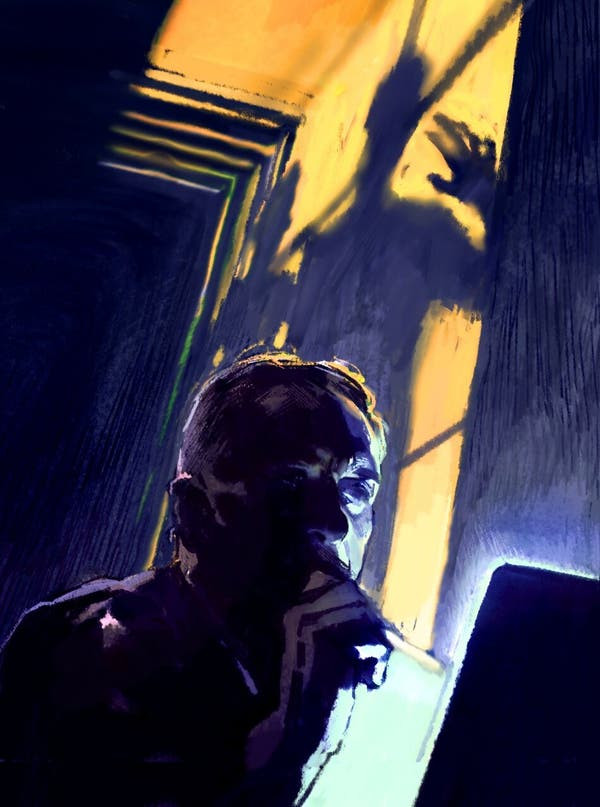

Interpol had been looking for a disgraced finance executive for weeks when Christo Grozev, an investigative journalist, found him, hiding in Belarus. Grozev had become expert at following all but invisible digital trails — black-market cellphone data, passenger manifests, immigration records — in order to unmask Russian spies. These were the sleeper cells living in Western countries and passing as natives, or the people dispatched to hunt down dissidents around the world.
He identified the secret police agents behind one of the most high-profile assassination plots of all: the 2020 poisoning of the Russian opposition leader Aleksei Navalny. That revelation put Grozev in President Vladimir Putin’s cross hairs. He wanted Grozev killed, and to make it happen the Kremlin turned to none other than the fugitive financier, who, it turns out, had been recruited by Russian intelligence. Now the man that Grozev had been tracking began tracking him. The fugitive enlisted a team to begin the surveillance.
The members of that team are behind bars now. The financier lives in Moscow, where several times a week he makes visits to the headquarters of the Russian secret police. Grozev — still very much alive — imagines the man trying to explain to his supervisors why he failed in his mission. This gives Grozev a small measure of satisfaction.
On May 12, after a lengthy trial, Justice Nicholas Hilliard of the Central Criminal Court in London sentenced six people, all of them Bulgarian nationals, to prison terms between five and almost 11 years for their involvement in the plot to kill Grozev, among other operations. The group had spent more than two years working out of England, where the ringleader maintained rooms full of false identity documents and what the prosecution called law-enforcement-grade surveillance equipment. In addition to spying on Grozev and his writing partner, the Russian journalist Roman Dobrokhotov, the Bulgarians spied on a U.S. military base in Germany where Ukrainian soldiers were being trained; they trailed a former Russian law enforcement officer who had fled to Europe; and most embarrassingly for Moscow, they planned a false flag operation against Kazakhstan, a Russian ally.
In the past two decades England has been the site of at least two high-profile deadly operations and more than a dozen other suspicious deaths that have been linked to Russia. Yet the trial of this six-person cell appears to be the first time in recent history that authorities have successfully investigated and prosecuted Russian agents operating on British soil. The trial and its outcome, then, are victories. They are small ones, however, relative to the scope of the threat. The Bulgarians seem to be only one part of a multiyear, multicountry operation to kill Grozev. That in turn is only a small part of what appears to be an ever-broadening campaign by the Kremlin, including kidnappings, poisonings, arson and terrorist attacks, to silence its opponents and sow fear abroad.
The story of the resources that were marshaled to silence a single inconvenient voice is a terrifying reminder of what Putin, and beyond him the rising generation of autocratic rulers, are capable of. The story of how that single voice refused to be silenced — in fact redoubled his determination to tell the truth, regardless of the very real consequences — serves as a reminder that it’s possible to continue to speak and act in the face of mortal danger. But the damage that was done to Grozev’s own life and the lives of the people around him is a warning of how vulnerable we are in the face of unchecked, murderous power.



